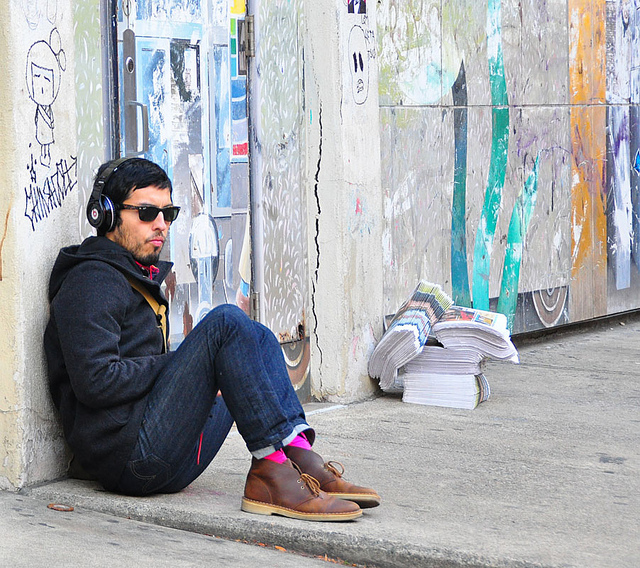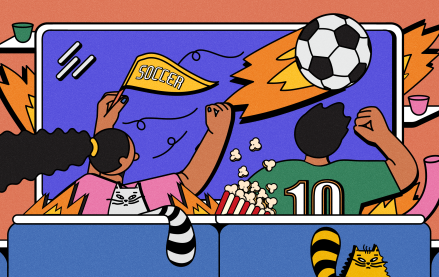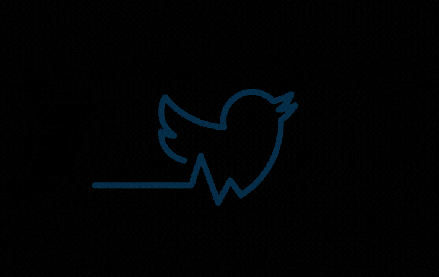
Diesel is going old school for its new campaign to mark the 20th anniversary edition of its YUK shoe. The “Pre-Internet Shoe” campaign is taking a walk down memory lane all the way back to 1993, when Generation X wore flannel and nobody had social media.
Diesel encourages people to go offline and stop sharing on Facebook and/or Twitter and Instagram for three days for a chance to win 20 pairs of shoes. The effort should resonate with grumpy Generation X, which wants to be left alone and drink a beer — and also remembers what it was like to grow up in the analog era.
Diesel created a funny video making fun of the stereotypical Williamsburg bearded, skinny-jeans-wearing, fixed-gear-riding hipster who is a “a photographer, a blogger, a freelance graphic designer and most importantly a GPS artist.” This is the sort of cynical eye-rolling that Gen X pretty much patented.
Diesel isn’t the first brand to take a stand against the social Web and the resulting culture of oversharing. Honda has urged people to take a “Pintermission.” As far back as 2010 Pringles created an “overshare button” for Facebook that people could use to flag oversharers’ posts. It’s somewhat ironic — more Gen X! — since brands themselves are the biggest oversharers around nowadays. It’s definitely smart for a brand to acknowledge the “enough withe the social media” sentiment that we’ve all, Gen X or not, felt at one time or another.
Story image via jdn/Flickr
More in Marketing

Ahead of Euro 2024 soccer tournament, brands look beyond TV to stretch their budgets
Media experts share which channels marketers are prioritizing at this summer’s Euro 2024 soccer tournament and the Olympic Games.

Google’s third-party cookie saga: theories, hot takes and controversies unveiled
Digiday has gathered up some of the juiciest theories and added a bit of extra context for good measure.

X’s latest brand safety snafu keeps advertisers at bay
For all X has done to try and make advertisers believe it’s a platform that’s safe for brands, advertisers remain unconvinced, and the latest headlines don’t help.





